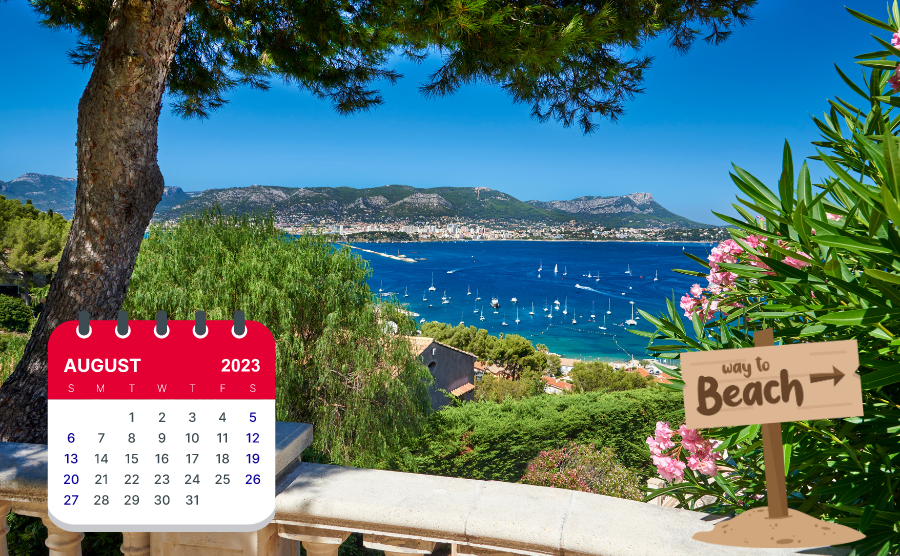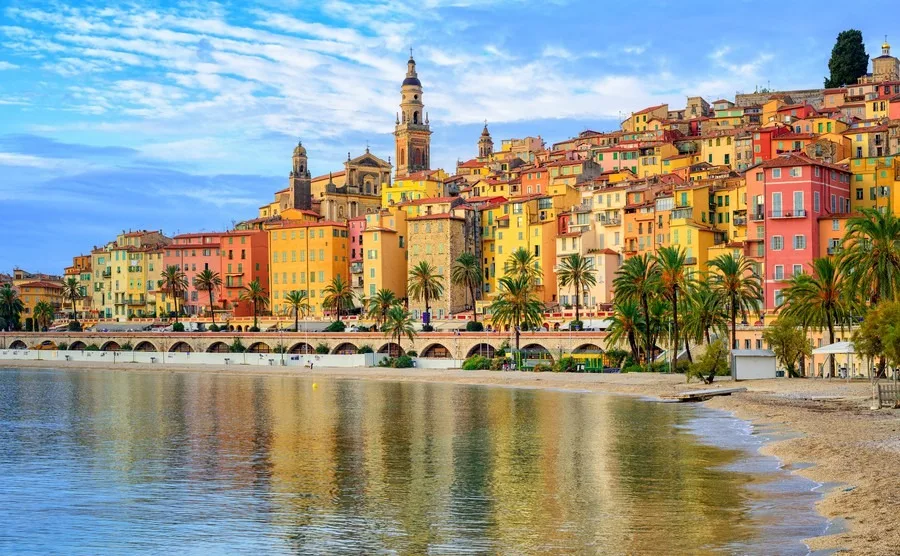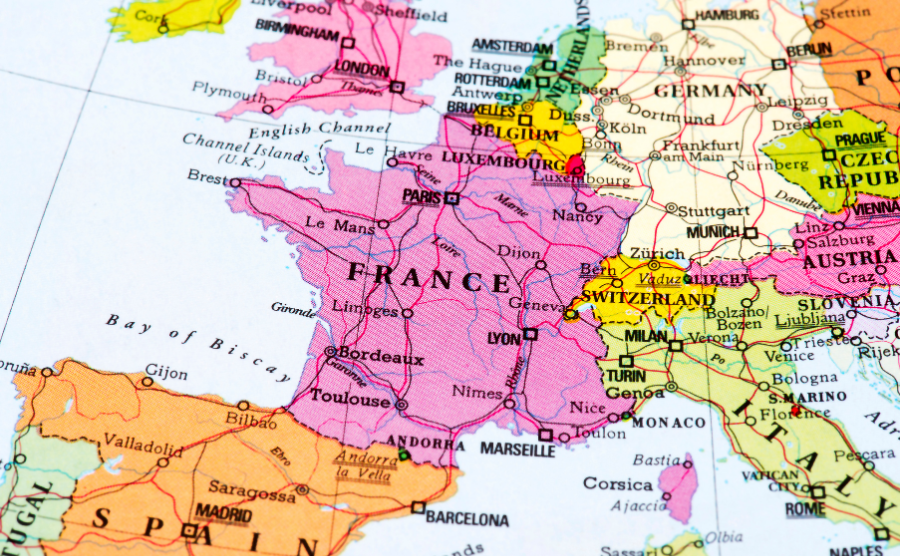France is famous for many things. Baguettes, good food and good wine. But also the infamous French August shutdown. It is said that every year, the whole of France shuts down during this time when everyone chooses to take their summer holidays at the same time. But in the present day, is it really true? Or even possible? Or is it simply another urban myth?
Under current French legislation, employees must take an absolute minimum of five weeks holiday per year. That is 2.5 days entitlement for each month of work. Depending on your profession this could actually be even higher, at varying as much as six to 10 weeks in some industries.
That’s even before the National holidays, (11 days) on top of this. Therefore by definition, some of that time will almost certainly be taken during the summer months. Particularly for those with children, because French school holidays can last up to eight weeks. Typically, school finishes for summer after the first week of July and students don’t return until September. So, the answer as to whether the French August shutdown is fact or fiction is both!

The French August shutdown, fact or fiction?
History of the French August shutdown
The answer to the history of this lies in the fact that France is predominantly an agricultural and manufacturing country. With one of the country’s economic priorities being on producing food, much of this relies on harvests. With long holidays, came the ability for people to help with the harvests whether it was their official job or not. Nowadays, with the progress of automated and mechanised farming methods, alongside the increase in imports, this is no longer really the case.
Factories also used to close during this time forcing people to take this month as holiday. But as manufacturing has declined in recent years, this became a thing of the past. Weather also adds to the history of this tradition. Parts of the country experience extremely high temperatures during the summer months and so it was deemed better to be on holiday than struggling to work in offices. But in the past, certainly, most things shut down because of these reasons.
The present-day
As time has gone on, the sacred French August shutdown has in fact morphed into the July and August shutdown. With some choosing to take their holidays earlier than August when everyone else historically did. With less traffic to contend with while travelling, lower prices and less busy resorts it was obvious that this would happen eventually. But the purists still very much wait for August. They know the weather will undoubtedly be good. Even the threat of higher prices and larger crowds seems to do little to dissuade them. But not everything shuts down of course. Of utmost importance is that anything related to tourism-related clearly remains open during this time. Also, spare a thought for those without children or those who simply choose to take holidays at other times throughout the year for their own reasons.
While not everything comes to a complete standstill, you can still rely on the fact that any French administrative tasks, reliant on any government agency certainly drop to a snail’s pace. In fact, expecting any administrative task completed prior to July, to be completed before September, is rather foolish. As anyone living here will attest to.
Find homes in France via our property portal.
Effects of the French August Shutdown
Within the domestic market, the French economy was historically viewed as coming to a complete standstill at this time. People shut down their businesses and spent summer months with their friends and family. While not spending extortionate amounts of money. Simply enjoying the good weather and the company of loved ones. That explains as well why tourism is now so important to the country. The government have fought very hard, to both encourage and protect tourism. During the Covid crisis, where many whose livelihoods depended on tourism couldn’t have imagined worse circumstances, the government provided as much financial aid as possible. Tourism now plugs the gap which domestically used to be known as the “low point of summer”. For the French economy is it hugely important that it continues to do so.
While also well known that the French do not live to work, but rather the opposite, they can work long hours. The other argument in support of lengthy holiday time is that productivity is believed to be higher if you reward your workers with a long break to look forward to. The argument is that you should spend your holiday time genuinely not thinking about work at all, but truly taking a break. Because not only do you deserve it, but you will come back raring to go and in fine form because of it. There is even a rule in France “Le droit de déconnection”. This means that one is not expected to pay any attention to work whilst on holiday, even checking emails and the French take this very seriously indeed. Perhaps something that other countries could learn from, in order to improve better health and well-being.

Menton, the French Riviera
Where do the French holiday in France?
The French are sometimes accused of being on holiday all the time. They are not. But when they are, they certainly make the most of it. Generally, those from the northern part of the country tend to migrate South, towards the Mediterranean and the Atlantic beach resorts in order to profit from the better weather. Popular Mediterranean destinations include Marseille, Antibes, Nice, Cassis and The Côte Bleue. While favoured Atlantic destinations include Mont St Michel, La Rochelle, Île d’Oléron, Bordeaux and Lacanau.
The wealthy of course head straight to the Riviera, the Côte d’Azur – St Tropez, Cannes and Monaco. Many Parisians flee the capital during this time. In fact for visitors, this time is said to be the best to visit Paris without the flock of harangued natives to contend with. They are perhaps tempted to the Paris Plages, a temporary artificial beach created each year along the River Seine in the heart of Paris. But of course, have both the time and the financial spending power to venture much further afield.

Map of France
Holidaying Abroad
Holiday homeowners simply migrate to their holiday homes for the duration of the summer break. Of course, the French, like everyone else, do venture futhur afield than their own country. Corsica is a popular destination. Signifying a true holiday abroad but without the trouble of having to speak a different language. Not forgetting that France is also bordered by several countries, providing easy access for travel. Belgium and Luxembourg in the northeast, Germany, Switzerland, and Italy in the east, and the Mediterranean Sea, Monaco, Spain, and Andorra in the south.
In summary, as a tourist, you probably won’t notice the French August Shutdown too much. But if you live here, you will observe a noticeable slowdown when it comes to responses from businesses or government agencies. As with anything in France, everything will happen in the end, it just takes time.
Download your free copy of our France Holiday Home Guide today
Learn more about:










